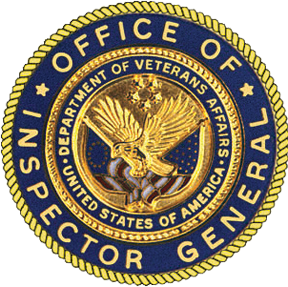Issue Date
Closure Date
Report Number
20-03075-138
VA Office
Acquisitions, Logistics, and Construction (OALC)
Veterans Health Administration (VHA)
Report Author
Office of Audits and Evaluations
Report Type
Review
Report Topic
COVID-19
Major Management Challenges
Leadership and Governance
Recommendations
2
Questioned Costs
$0
Better Use of Funds
$0
Congressionally Mandated
No
